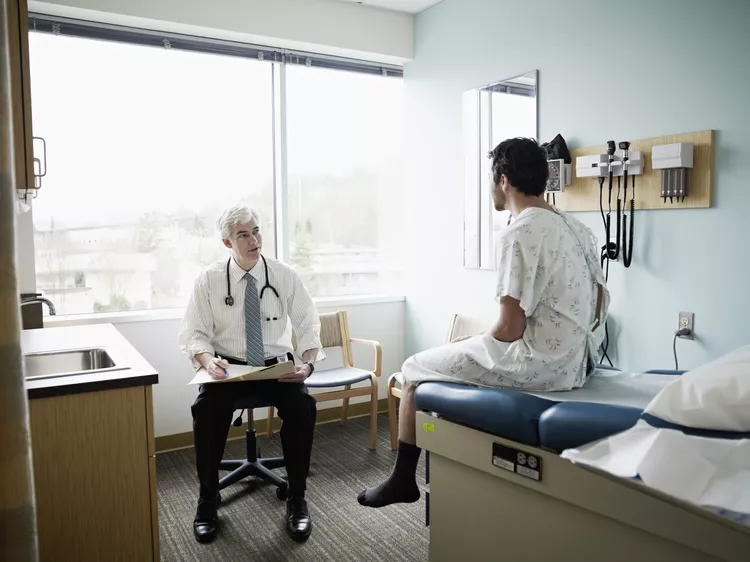No Scalpel Vasectomy: What You Need To Know

No Scalpel vasectomy, or “no-scalpel vasectomy” is a simpler and more comfortable procedure. It’s also the safest type of vasectomy possible. For an NSV, only a small incision is made in the skin to reach the tubes that carry sperm from the testicles to the ejaculate. The surgeon will then use a special instrument to gently stretch open the scrotum and then cut off each tube one at a time.
What is a No Scalpel Vasectomy?
A no scalpel vasectomy is a type of surgery that is used to block the tubes that carry sperm to the penis. This type of surgery is usually done in a doctor’s office or clinic.
The procedure takes about 30 minutes. The doctor will numb the area around the vas deferens, which are the tubes that carry sperm. The doctor then makes a small opening in the skin and inserts a special tool to pull out the vas deferens. Once the vas deferens are pulled out, the doctor will tie, clip, or cauterize (burn) them so they can no longer carry sperm.
After a no scalpel vasectomy, you may have some bruising, swelling, and discomfort for a few days. You should be able to return to your normal activities within a week. The sperm cells that were already in your vas deferens when the surgery was done will still be there for about 3 months. This means you could still get your partner pregnant during this time period. For this reason, it’s important to use another form of birth control until your doctor tells you it’s okay to stop using it.

Benefits of a No Scalpel Vasectomy:
There are many benefits to having a no scalpel vasectomy. Here are some of the most commonly cited advantages:
1. Less pain and discomfort. Because there is no scalpel involved, a no scalpel vasectomy is generally less painful than a traditional vasectomy.
2. Quicker recovery time. Again, because there is no scalpel involved, you can expect to recover from a no scalpel vasectomy more quickly than from a traditional vasectomy.
3. Lower risk of complications. Complications from vasectomies are rare, but the risk is even lower with a no scalpel vasectomy.
4. Highly effective. Vasectomies are considered to be one of the most effective forms of contraception available, with a success rate of over 99%.
5. Reversible in some cases. While it is not guaranteed, it is sometimes possible to reverse a no scalpel vasectomy, whereas a traditional vasectomy is considered to be permanent.
What to Expect in Your Recovery?
After your no scalpel vasectomy, you can expect some minor discomfort. This is normal and to be expected. You may have some bruising and swelling in the area where the incision was made. These symptoms should resolve within a few days. You will be able to return to your normal activities within a week or so.
In the first few weeks after your procedure, it is important to avoid strenuous activity and sexual intercourse. This will give your body time to heal and reduce the risk of complications. Your doctor will let you know when it is safe to resume these activities.
It is also important to follow up with your doctor for a semen analysis 3-6 months after your vasectomy to ensure that it was successful in preventing pregnancy.
Possible Side Effects:
When considering a no scalpel vasectomy, it is important to be aware of the potential side effects. These can include:
-Bruising and swelling at the site of the procedure
-Mild discomfort or pain
-Temporary numbness in the area
-In rare cases, there may be more serious complications such as infection or bleeding. If you experience any of these symptoms, you should seek medical attention immediately.
Cost and More Information:
A no scalpel vasectomy is a simple, quick outpatient procedure that takes about 30 minutes. There are several benefits to having a no scalpel vasectomy instead of the traditional method, which requires an incision in the scrotum. These benefits include less pain, fewer complications, and a quicker recovery time. The cost of a no scalpel vasectomy is typically less than the traditional method as well. If you are considering a vasectomy, talk to your doctor about whether a no scalpel vasectomy is right for you.